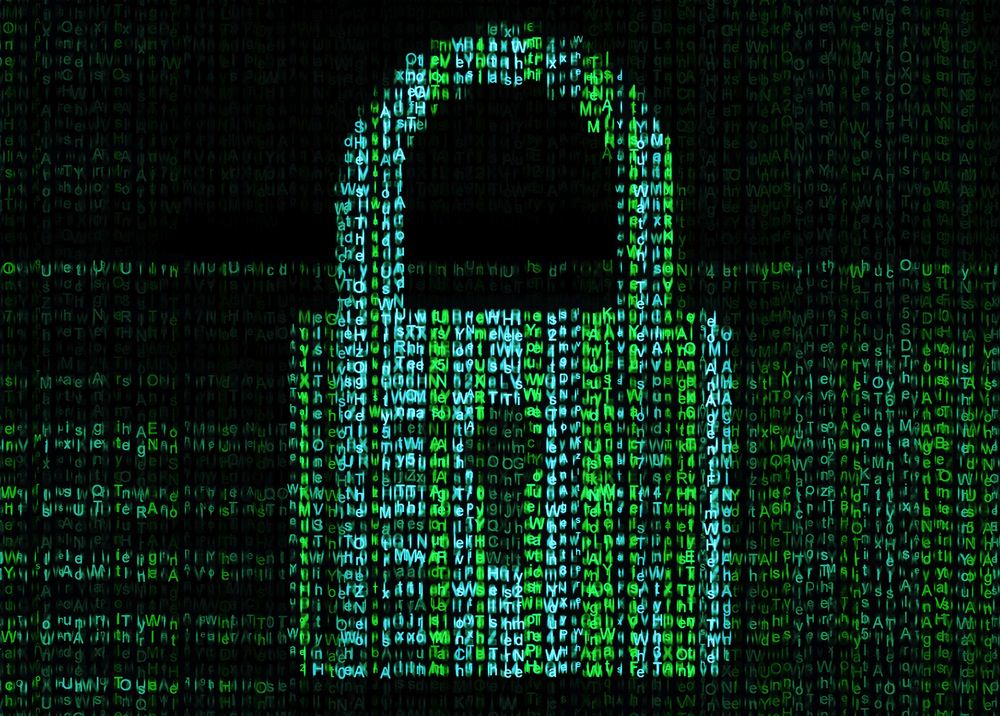
Lavabit and Silent Circle shut down encrypted email services
Lavabit and Silent Circle have both closed down their encrypted email services amid suggestions the US government was demanding the companies sacrifice their customers' privacy.
The Lavabit site now features only a statement from its owner and operator Ladar Levison, which begins:
"I have been forced to make a difficult decision: to become complicit in crimes against the American people or walk away from nearly ten years of hard work by shutting down Lavabit. After significant soul searching, I have decided to suspend operations. I wish that I could legally share with you the events that led to my decision. I cannot."
He goes on to say that, regardless of the first amendment guaranteeing the freedom of speech in the US, congress has passed laws to prevent him from sharing his experiences over the last six weeks.
Levison said he has already started preparing the paperwork required to fight at the Fourth Circuit Court of Appeals for Lavabit to continue operating as an American company.
"This experience has taught me one very important lesson: without congressional action or a strong judicial precedent, I would _strongly_ recommend against anyone trusting their private data to a company with physical ties to the United States," his statement concludes.
Shortly after the closure of Lavabit, which was reportedly used by whistleblower Edward Snowden during his time stuck at a Moscow airport, encrypted communications firm Silent Circle shut down its Silent Mail service. The homepage of its website reads:
"We see the writing on the wall, and we have decided that it is best for us to shut down Silent Mail. We have not received subpoenas, warrants, security letters, or anything else by any government, and this is why we are acting now."
Simon Lang, digital forensics manager at Sytech Consultants, said the situation surrounding the closure of Lavabit and Silent Mail "sounds a bit like a witch hunt".
"There are many companies who make high profile encryption tools - Microsoft being one of them - who aren't being legally pursued. It is clear to me that Lavabit and Silent Circle have been put under investigation because they refused to hand over their customers' data on demand and break the promises made to users," he added.
Lavabit and Silent Circle have connections with bitcoin inasmuch as they all allow users to operate privately. Lang doesn't believe, however, that these recent events should cause any concern to those operating bitcoin-related businesses.
The company is currently collecting donations to its legal fees fund via PayPal, but members of the bitcoin community are urging Lavabit to accept donations in digital currency too.
Those seeking an alternative may wish to consider Bitmessage, an anonymous, encrypted messaging service built on the Bitcoin protocol. Mailpile could be another option, when it launches. This webmail client is still fundraising and is accepting donations in bitcoin as well as traditional currency. It hopes to reach its $100,000 goal by September 10th. CounterMail, however, is already up and running and also allows users to communicate securely with other open PGP-compatible email users.
The Heml.is app is also on its way, offering users the chance to send short instant messages safe in the knowledge that they've not been intercepted or read by a third party.
DISCLOSURE
The leader in news and information on cryptocurrency, digital assets and the future of money, CoinDesk is a media outlet that strives for the highest journalistic standards and abides by a strict set of editorial policies. CoinDesk is an independent operating subsidiary of Digital Currency Group, which invests in cryptocurrencies and blockchain startups. As part of their compensation, certain CoinDesk employees, including editorial employees, may receive exposure to DCG equity in the form of stock appreciation rights, which vest over a multi-year period. CoinDesk journalists are not allowed to purchase stock outright in DCG.

